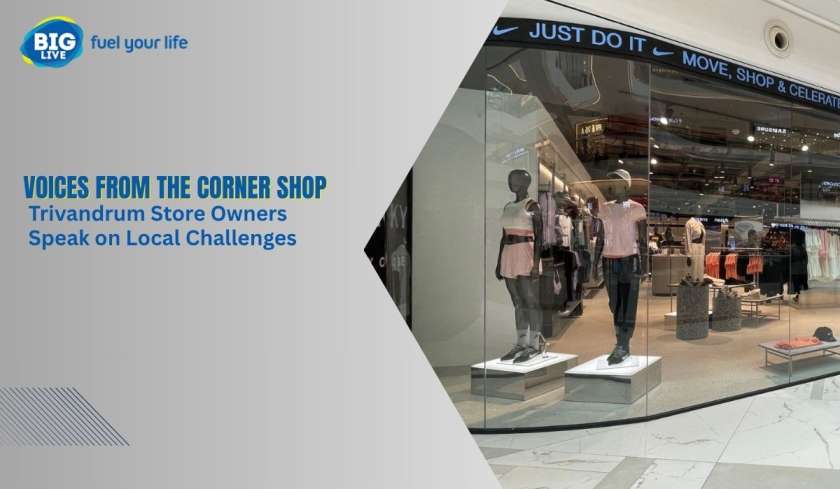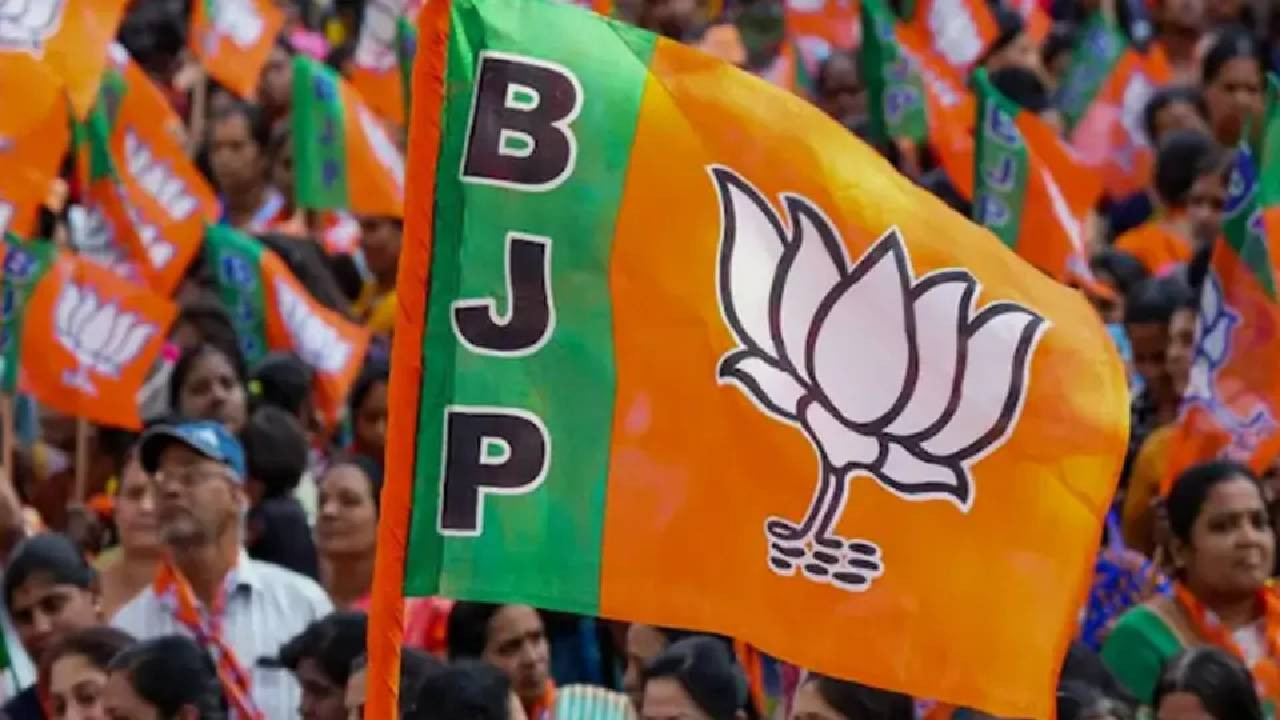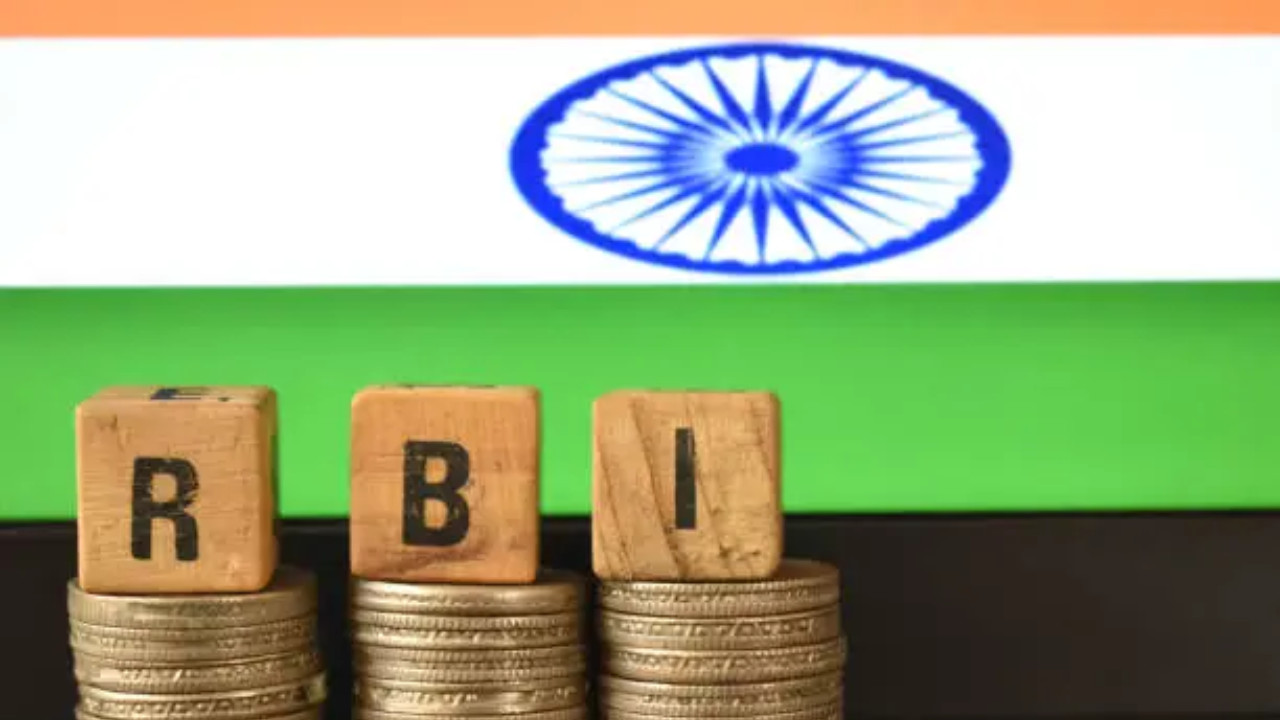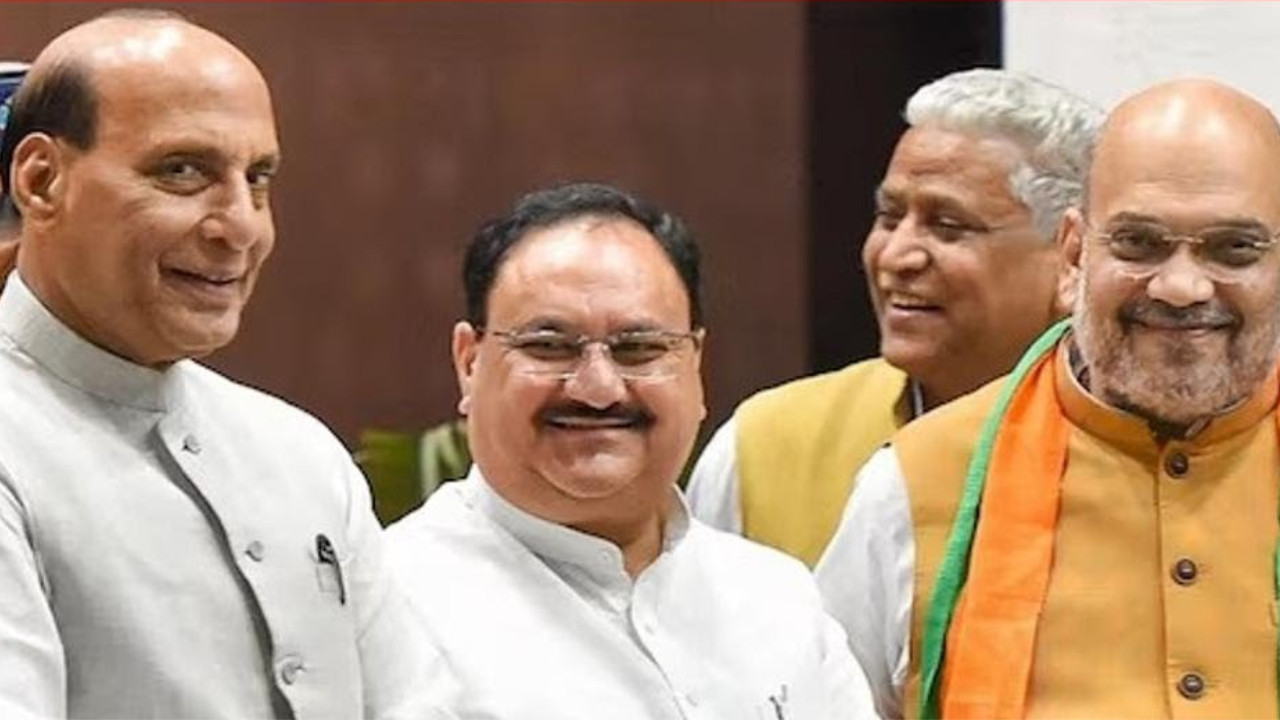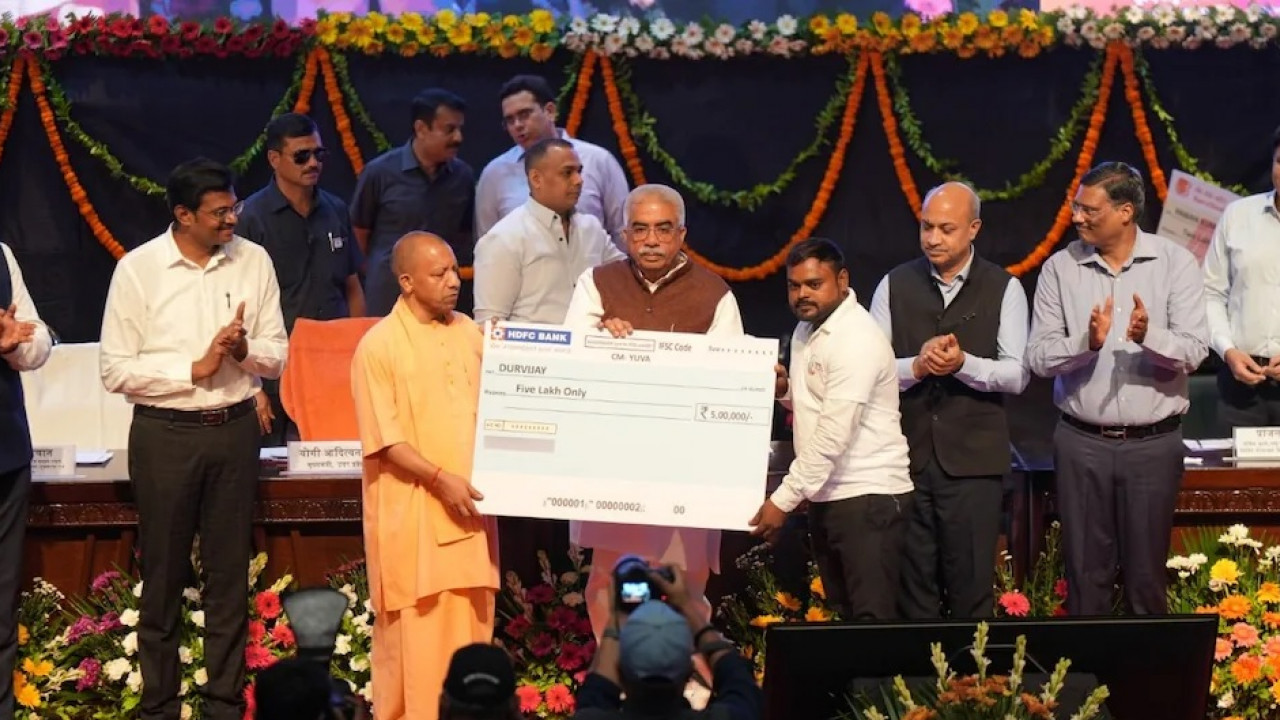If you walk down any lane in Trivandrum, you'll hear it—the familiar rhythm of shutters. You will hear the customers asking the price. Or the greeting of the shopkeepers. These small shops are not just retail corners. They are like the life;ines of the city. But behind this clatter, there is something unseen. Their lives are affected by the rapid changes. Here we have some stories based on prevailing conditions. Their stories are honest, grounded, and deeply telling.
It’s Getting Harder to Break Even — Kirana Store Owners in Pattom

Pattom is a tight space, just enough to hold shelves stacked with grains, biscuits, soaps, and every household need. Kirana store owners say that earlier theyI used to make a decent profit. Today, with the same effort, they barely cover rent and stock. It is mainly due to Rising wholesale prices and fewer walk-ins. People mostly buy only single items. Big monthly purchases? That’s going to supermarkets or online apps now.” According to them, younger customers especially prefer convenience over familiarity.
The Online Threat: We Can’t Match Discounts
A recurring complaint among shop owners is the impact of e-commerce. From BigBasket to Blinkit, online platforms have changed the way Trivandrum shops operate. For instance, stationery owners say that Earlier, parents would buy everything—books, pencils, lunch boxes—from them.
Now, they check online, screenshot prices, and ask them to match. And they simply can’t do this. They also noted that some parents buy only school-specific items from them and the rest from Flipkart or Amazon. They are surviving because of their long-term customers and school tie-ups.
Read more:- India Now Exports Toys to 153 Countries Piyush Goyal
Power Bills Are Draining Us — Cold Store Owners in Sreekariyam
For shop owners dealing with perishables, electricity cost is a major issue. Babu, who runs a cold store in Sreekariyam, sells dairy, frozen snacks, and cold drinks. Their biggest worry isn’t spoilage. It’s the monthly bill. Freezers run all day. And with the summer heat, there’s no way they can switch them off.
Last month’s bills are nearly one-fourth of their monthly revenue. Add to that a GST filing headache and slow footfall, and margins keep shrinking. They also mentioned that maintenance costs for cold equipment are high and government relief is minimal.
Parking Woes: Customers Just Don’t Stop
Another invisible but serious challenge for many corner shops is lack of parking. In a city growing fast like Trivandrum, road space is always tight. Owner of a small hardware store in Chalai says that- “my regulars know me. But a new customer? They’ll just move on if they don’t find parking.
No one wants to walk with a paint bucket or metal rod.” According to him, even short halts are penalized, and the municipality hasn’t responded to repeated complaints. Without designated parking zones, many small shops lose business simply because customers can’t stop near them.
Competition from Chains and Supermarkets

Trivandrum has seen a sharp rise in franchise outlets, be it chain bakeries, pharmacies, or mini-marts. For independent stores, this spells trouble. Some traditional bakery owners in Kowdiar, say-These new outlets have glass fronts, fancy lighting, and credit card machines. We don’t have that kind of setup. But our food is still made fresh, daily.” They’ve lost around 40% of their customer base to chains offering combo deals and cashback offers.
Supply Chain Delays Post-COVID
Another challenge many store owners still face is unpredictable supply chains. Post-COVID, logistics hasn’t fully stabilized for small distributors. A manager of a small cosmetics store in East Fort, shares, “I order nail polish shades or creams, and sometimes it takes 10–15 days to arrive. Bigger shops get priority.
Our stock goes out of date before restock comes in.” Customers often expect the latest products, especially in lifestyle or beauty categories. “If I say it’s not available, they order online and I lose that sale forever.”
Digital Payments: A Mixed Bag
Digital UPI payments have simplified business for many. But not all shopkeepers are convinced. Small shop mowers near technopark say- Half of their customers scan and pay. It’s okay, but sometimes the payment doesn’t reflect immediately. And they get confused during peak hours.
For older shopkeepers, UPI still feels unreliable. However, younger owners are adapting faster, even using QR-code-based loyalty programs to attract regulars.
Labor Issues: It’s Hard to Get Trustworthy Staff
Running a small store often requires extra help. But store owners say finding reliable staff is difficult. Owner of a women’s clothing store in Kesavadasapuram, says, “I trained a girl to handle sales. She left after two months. New hires want more salary, but don’t stay. I can’t keep doing everything alone.” She mentions that rising wages, lack of professionalism, and inconsistency make it hard to manage during peak seasons.
What Shopkeepers Want: Simple, Practical Support
Most of the shopkeepers we spoke to aren’t asking for subsidies or grants. What they want is practical local support:
- Better parking management near markets
- Stable electricity costs for small retailers
- They want stable and Simplified GST rules.
- Dedicated helpline for local retail complaints
Many feel unheard in larger business forums. They say policies are made with large brands in mind, not the corner shops that serve thousands daily.
Conclusion: Keeping the Heart of Trivandrum Beating
Corner shops in Trivandrum are more than just commercial outlets. They are places of trust, familiarity, and local flavor. But they’re facing a quiet crisis. It’s the will of the shop owners which has held them firmly. Otherwise, the challenges like rising operational costs, changing consumer habits, online competition, and lack of infrastructure, are really serious.
There is an urgent need to ask are we leaving these small but essential businesses behind? As urban life speeds up, we must ask—are we leaving these small but essential businesses behind? Let’s not wait for the shutters to close permanently before we realize what we’ve lost.
FAQs
Q: Why are Trivandrum’s corner shops struggling?
A: They face challenges like rising costs, online competition, lack of parking, and inconsistent supply chains.
Q: Do shopkeepers prefer cash or digital payments?
A: Many still prefer cash, especially older owners, but UPI is becoming more common.
Q: What kind of support do they need?
A: Practical support like better parking, simplified GST, and affordable utilities.
Q: Are people shifting to supermarkets?
A: Yes, especially younger customers looking for discounts or convenience.


